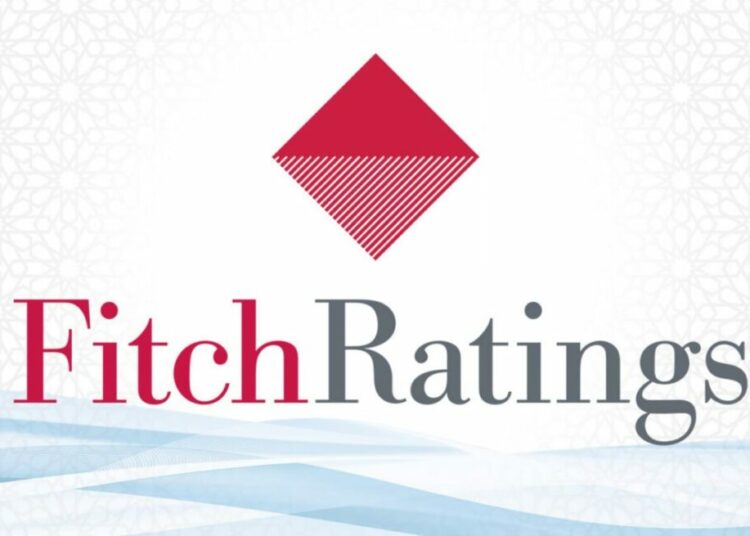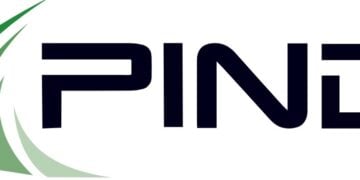Fitch Ratings forecasts a boom in Nigeria’s Islamic finance sector from the second half of 2025 through 2026, driven by rising sovereign sukuk issuances and expanding Islamic banking assets following new regulatory measures and liquidity tools introduced by the Central Bank of Nigeria (CBN).
Following the introduction of liquidity tools for non-interest financial institutions in the country by the CBN and the success of the government Sukuk issuance, Fitch Ratings says it expects Islamic financing to boom in the country from the second half of this year.
In its latest non rating action commentary, Fitch said Nigeria’s Islamic finance industry is likely to expand in 2H25-2026 on the back of increasing sovereign sukuk issuances and Islamic banking assets, driven by new paid-in capital requirements and regulatory moves to develop the industry
Last month, the government returned to the sukuk market after two years of no issuance. Also, the CBN introduced new Islamic liquidity management instruments in the form of non-interest financial institution’s master repurchase agreement, non-interest asset-backed securities and non-interest notes. This addresses a market gap and provides Islamic banks with options to seek funding and invest their liquidity, which could support their credit profiles.
Noting that there has been a structural improvement since the introduction of the liquidity instruments, Fitch estimated the size of Nigeria’s Islamic finance industry to be around $4 billion as at the end of May 2025.
“Sukuk outstanding is the largest segment of the Islamic finance industry at 53.9 per cent followed by Islamic banking assets at 45.2 per cent , and the rest includes takaful and sharia-compliant funds.
“Non-interest banks’ assets recorded a growth of 110 per cent yoy as of end-2024, driven by a significant increase from deposits and loans, each more than doubling in value. A new non-interest bank, Summit Bank Limited, was established in 2024. Despite this substantial growth, the market share in the country’s total banking assets only increased to a still small 1.7 per cent at end-2024 from 1.1 per cent end-2023. With only five non-interest banks operating within the country, their market share is still expected to be about two per cent in the medium term. Jaiz Bank PLC (B-/ Stable) is Nigeria’s first fully fledged non-interest banking institution (NIB), representing 38 per cent of NIB sector assets at end-2024.
“Nigeria has notable potential for Islamic finance supported by having one of the largest Muslim populations globally and a significant unbanked population. Still, Islamic finance in the country is still expected to be significantly smaller than that of conventional financial institutions, with the industry facing key challenges, such as lack of awareness, strong opposition from segments of the public, limited product availability and distribution channels, still-developing regulatory framework and limited Islamic banks (non-interest banks).
“The sovereign issued its eighth sovereign sukuk in May 2025, with the issuance oversubscribed by seven times, indicating high demand. As of 5M25, the sukuk in Nigeria (all in naira) were USD2.2 billion outstanding, a decrease of four per cent yoy, with their share of the country’s debt capital market outstanding at under two per cent. Bond issuance (all currencies) in 2024 was almost twice that in 2023, while it reached USD12 billion in 5M25 (5M24: USD18 billion). The absence of sukuk issuance by corporations and financial institutions reflects the lack of incentives and demand, additional issuance complexities and relatively underdeveloped sukuk market.
In 2024, the Central Bank of Nigeria announced a significant increase in paid-in capital requirements (share capital plus share premium) for commercial, merchant and non-interest banks. Banks have three ways to comply – through equity injections, M&A or downgrading their licence authorisation. Jaiz Bank needed only a small capital injection to meet the requirements and has already achieved compliance.
Takaful in Nigeria continues to have less than 1% of total insurance industry assets as of end-2024. In April 2025, Fitch upgraded Nigeria’s rating to ‘B’ from ‘B-’, reflecting increased confidence in the government’s broad commitment to policy reforms initiated following the shift to orthodox economic policies in June 2023.





